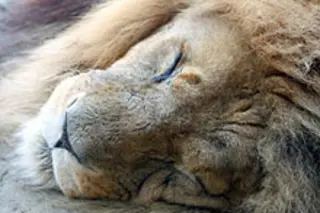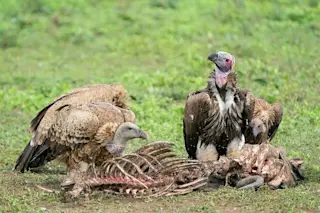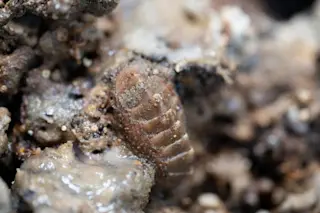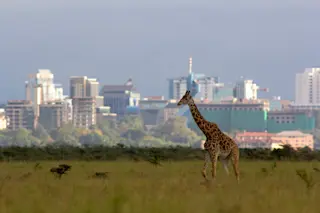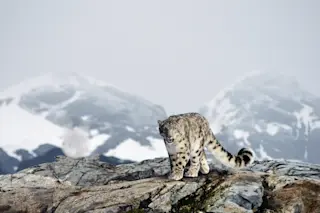When researchers warn of the dire consequences of global warming, they often mention that disease patterns for both humans and animals will change in a warmer world. In the most obvious scenario, infectious disease carriers like mosquitoes may increase their ranges, bringing tropical disease to northern climes. But there will also be far more subtle examples of the interplay between climate and disease, and researchers say they've found an early case that may be a harbinger of what's to come. It's not a canary in a coal mine, but rather a lion in the Serengeti. A research team from Minnesota studied data from two extreme die-offs of lions; a 1994 incident when almost one-third of lions in the Serengeti National Park died, and a similar incident in the nearby Ngorongoro Crater area in 2001. Researchers found that those lions were infected by two diseases that usually occur in isolation. In ...
Lion Die-Off Shows How Climate Change Can Cause Epidemics
Explore how global warming and disease patterns are interconnected, affecting both wildlife and human health via changing climates.
More on Discover
Stay Curious
SubscribeTo The Magazine
Save up to 40% off the cover price when you subscribe to Discover magazine.
Subscribe

